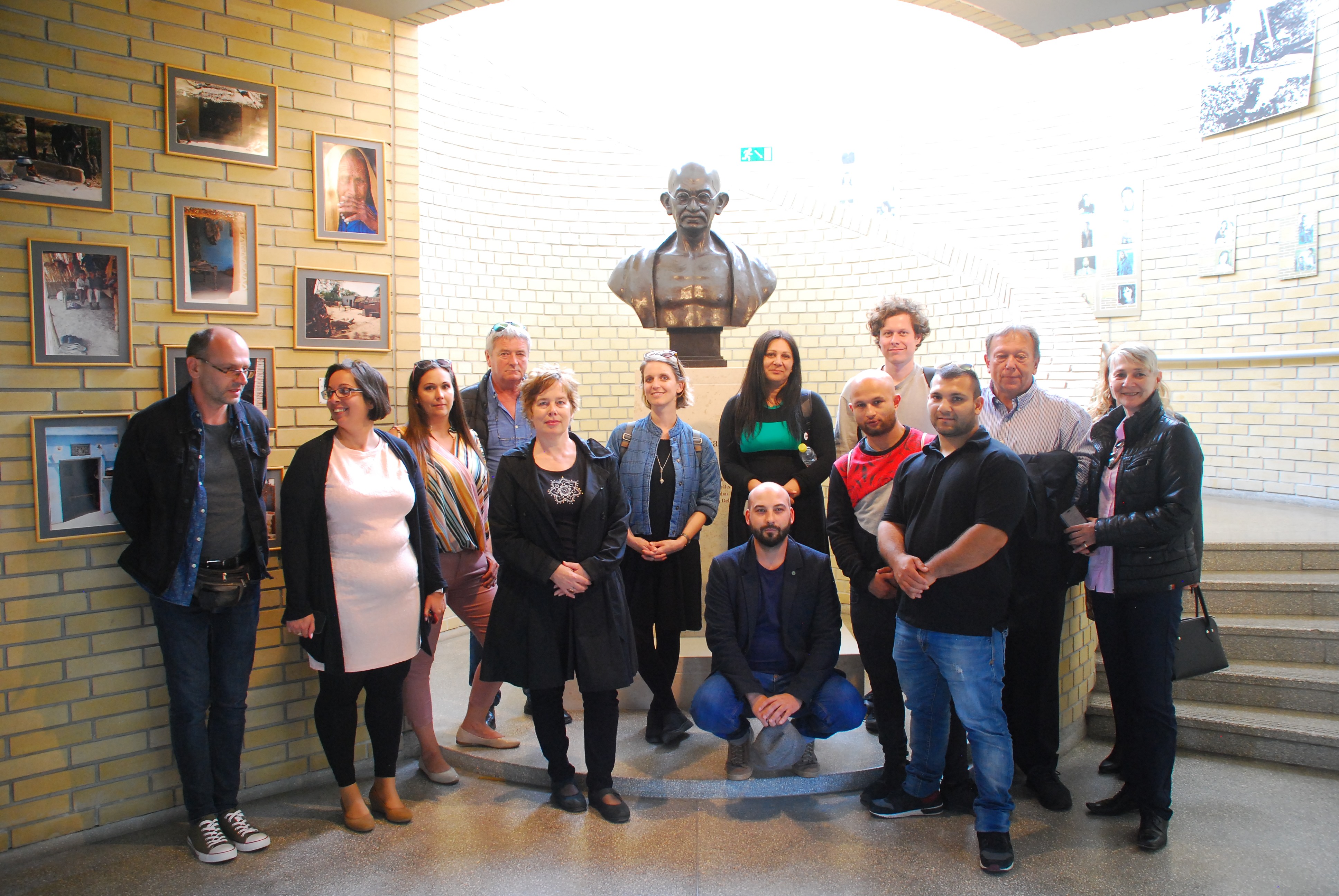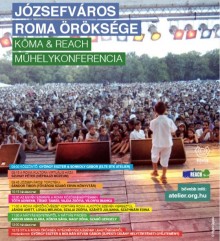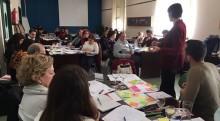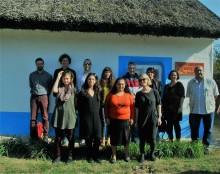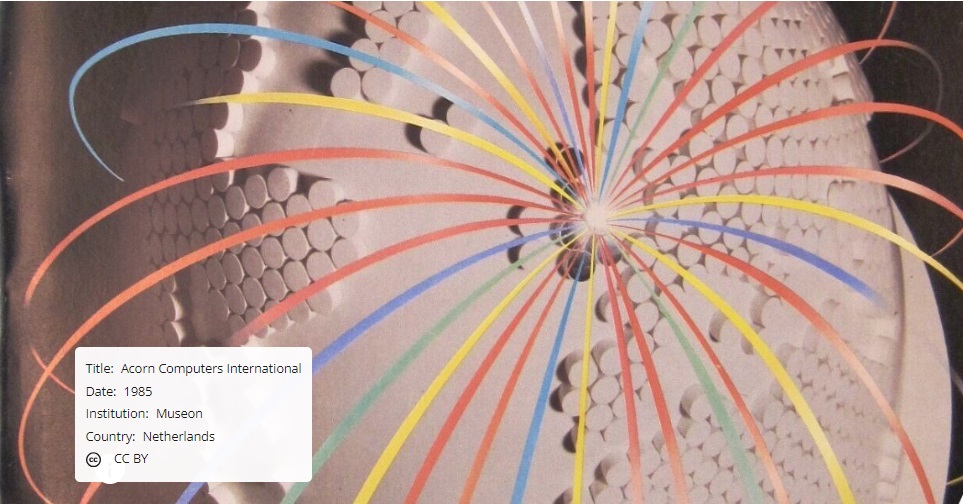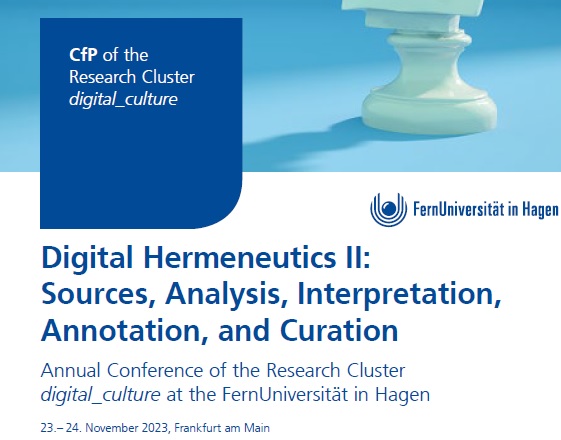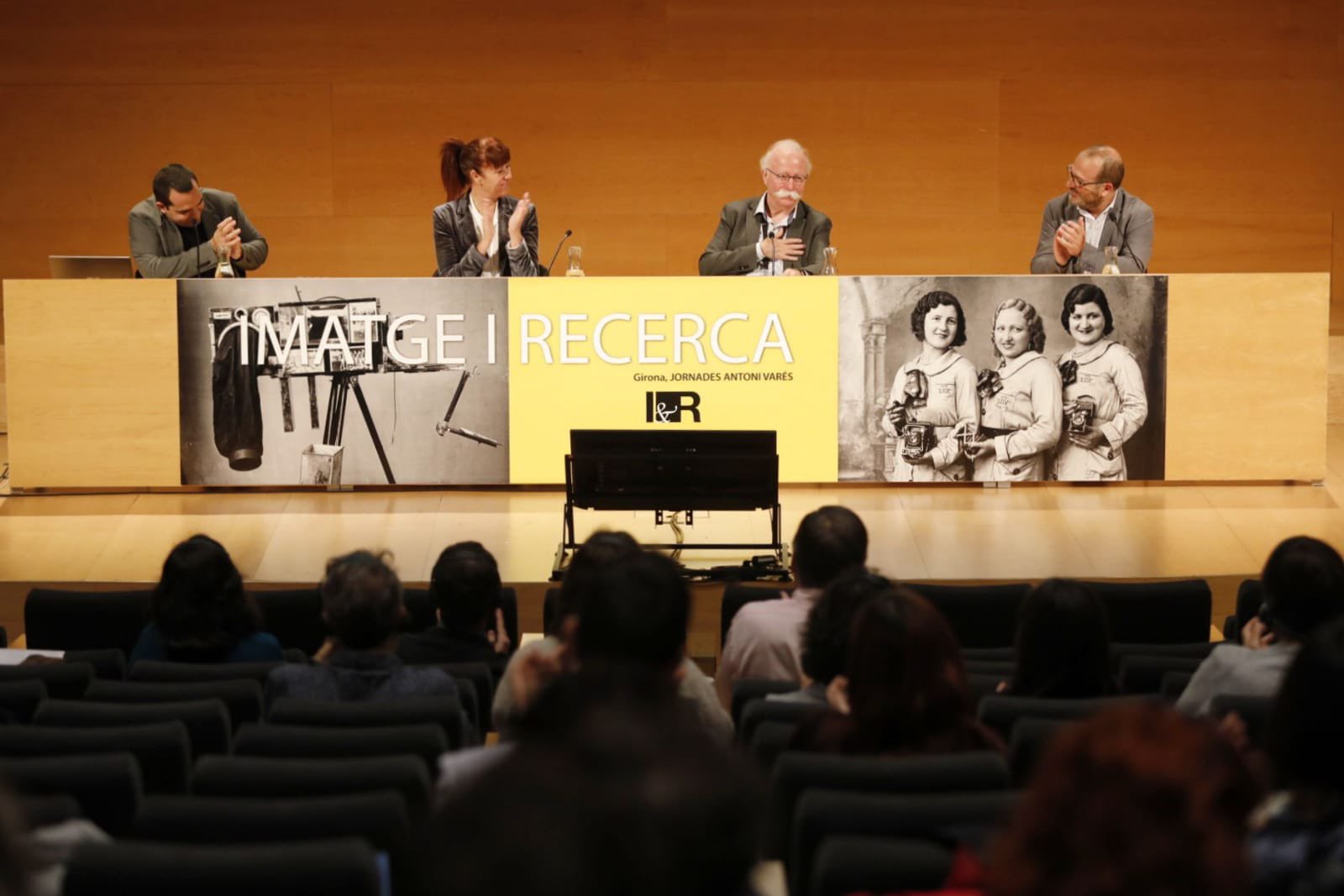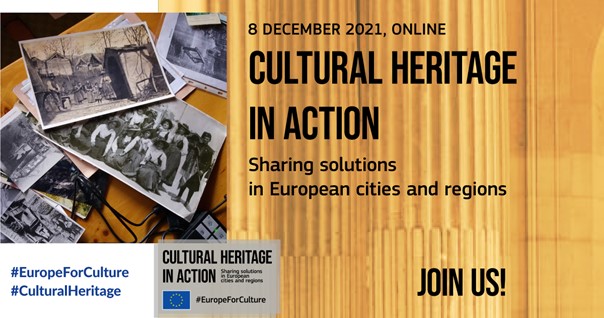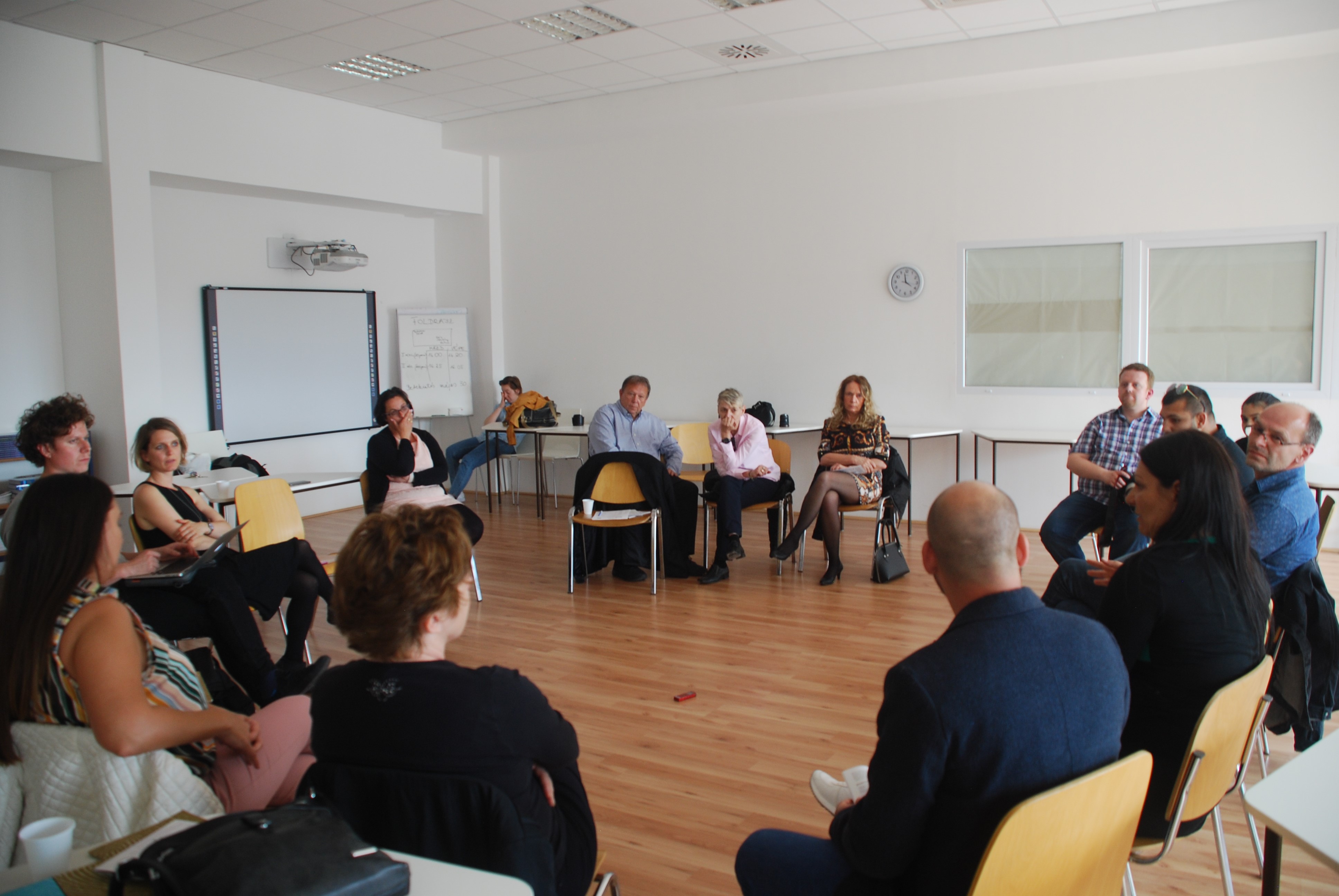 The 21th May a local encounter organized by Elte University, task leader of Minority Heritage Pilot, was held at the Gandhi Secondary School, located in Pécs; this is the first secondary school in Europe, devoted to preparing young Roma for higher education and teaches Roma history and culture as well as Beash and Romani languages.
The 21th May a local encounter organized by Elte University, task leader of Minority Heritage Pilot, was held at the Gandhi Secondary School, located in Pécs; this is the first secondary school in Europe, devoted to preparing young Roma for higher education and teaches Roma history and culture as well as Beash and Romani languages.The aim is to produce future Roma intellectuals committed to the cause of the Roma and the continuation of Roma language and culture.
In 2017, the pedagogic method for the preservation of the Gipsy/Romani intangible cultural heritage was selected as element of the national register of best safeguarding practices in Hungary.
In 2017, the pedagogic method for the preservation of the Gipsy/Romani intangible cultural heritage was selected as element of the national register of best safeguarding practices in Hungary.
The three hungarian organisations, the Hungarian and Gipsy Dance Traditions of Nagyecsed (part of the national inventory of ICH, since 2017), the Gandhi Secondary School and the Talentum Art School (both selected on the national register of best safeguarding practices in Hungary with their educational programs) attended the event to present their history and their definition of Roma cultural heritage.
The discussion highlighted the importance of heritage communities and the active participation and involvement of the local communities; it raised the question of authenticity of the Roma culture and the danger of exoticising certain cultural traditions as well as danger of xenophobic attitude of the majority society.
The debate concerned a lot of pertinent issues, such as the position of the communities, their activity and their involvement in the case of Hungarian Roma, where poverty and disadvantageous social status may very much balk the participation in cultural activities.
The discussion highlighted the importance of heritage communities and the active participation and involvement of the local communities; it raised the question of authenticity of the Roma culture and the danger of exoticising certain cultural traditions as well as danger of xenophobic attitude of the majority society.
The debate concerned a lot of pertinent issues, such as the position of the communities, their activity and their involvement in the case of Hungarian Roma, where poverty and disadvantageous social status may very much balk the participation in cultural activities.
Also the lunch time was an opportunity to deepen the Roma culture: the Kóstolda Roma House Restaurant is a great local example of Roma entrepreneurship where the visitors may discover authentic Roma cuisine, while the restaurant also attempts to break down the discrimination and prejudice against their ethnic group through fostering communication
During the event there was a small exhibition presenting photos and objects collected from the past.



